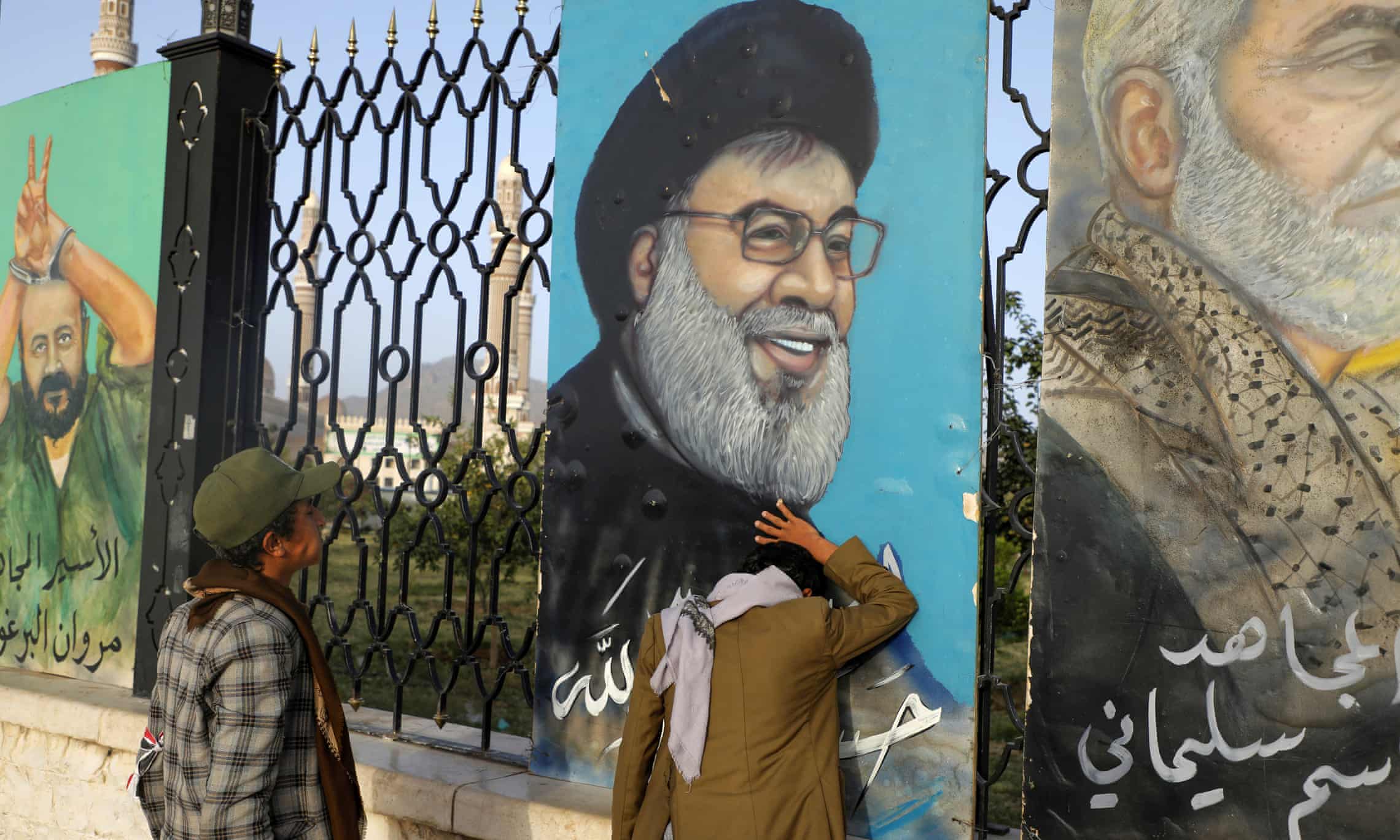 Former chief U.N. nuclear inspector Mohamed ElBaradei suggests in a new memoir that Bush administration officials should face international criminal investigation for the "shame of a needless war" in Iraq.
Former chief U.N. nuclear inspector Mohamed ElBaradei suggests in a new memoir that Bush administration officials should face international criminal investigation for the "shame of a needless war" in Iraq.
Freer to speak now than he was as an international civil servant, the Nobel-winning Egyptian accuses U.S. leaders of "grotesque distortion" in the run-up to the 2003 Iraq invasion, when then-President George W. Bush and his lieutenants claimed Iraq possessed doomsday weapons despite contrary evidence collected by ElBaradei's and other arms inspectors inside the country.
The Iraq war taught him that "deliberate deception was not limited to small countries ruled by ruthless dictators," ElBaradei writes in "The Age of Deception," being published Tuesday by Henry Holt and Company.
The 68-year-old legal scholar, head of the International Atomic Energy Agency (IAEA) from 1997 to 2009 and recently a rallying figure in Egypt's revolution, concludes his 321-page account of two decades of "tedious, wrenching" nuclear diplomacy with a plea for more of it, particularly in the efforts to rein in North Korean and Iranian nuclear ambitions.
"All parties must come to the negotiating table," writes ElBaradei, who won the Nobel Peace Prize jointly with the IAEA in 2005. He repeatedly chides Washington for reluctant or hardline approaches to negotiations with Tehran and Pyongyang.
He is harshest in addressing the Bush administration's 2002-2003 drive for war with Iraq, when ElBaradei and Hans Blix led teams of U.N. inspectors looking for signs Saddam Hussein's government had revived nuclear, chemical or biological weapons programs.





 Several professors at universities around the US are facing disciplinary actions in regard to their support...
Several professors at universities around the US are facing disciplinary actions in regard to their support... Israel launched a wave of airstrikes against Houthi targets in Yemen on Sunday while continuing to...
Israel launched a wave of airstrikes against Houthi targets in Yemen on Sunday while continuing to... Less than two weeks before the presidential election, a former model has gone public with accusations...
Less than two weeks before the presidential election, a former model has gone public with accusations...






























